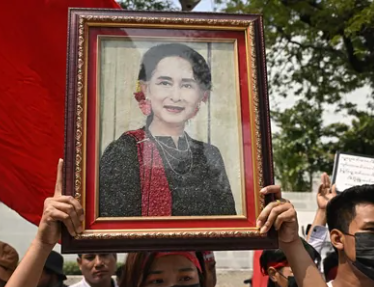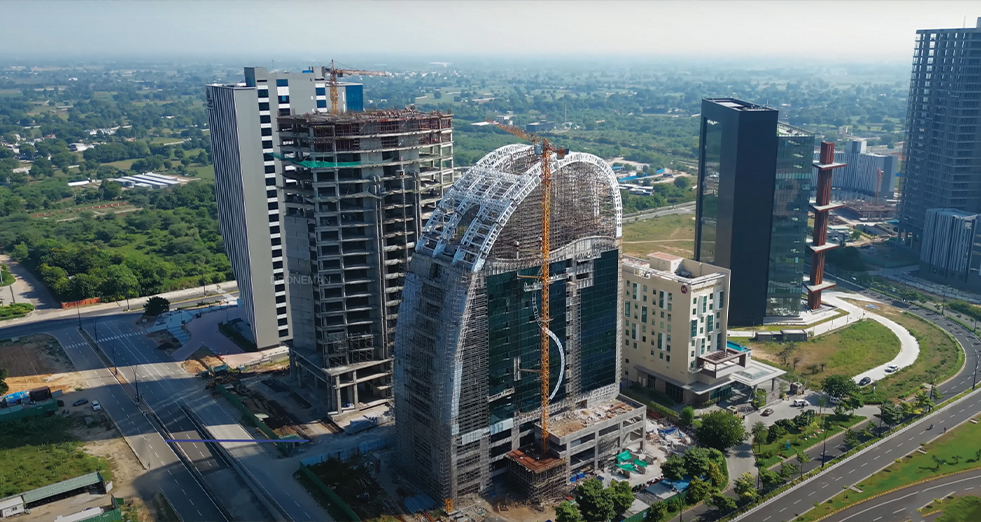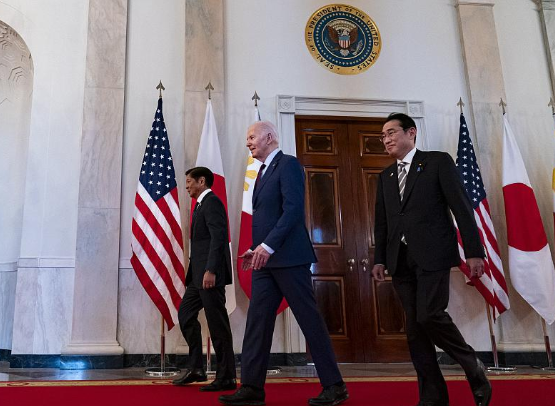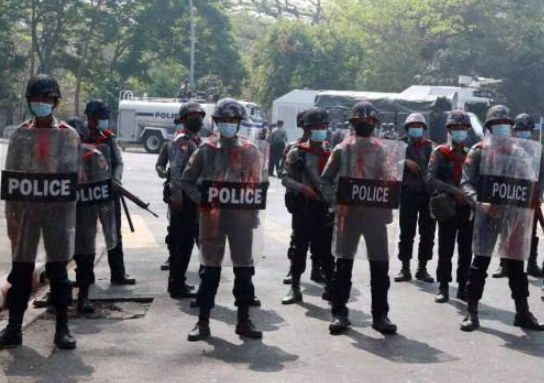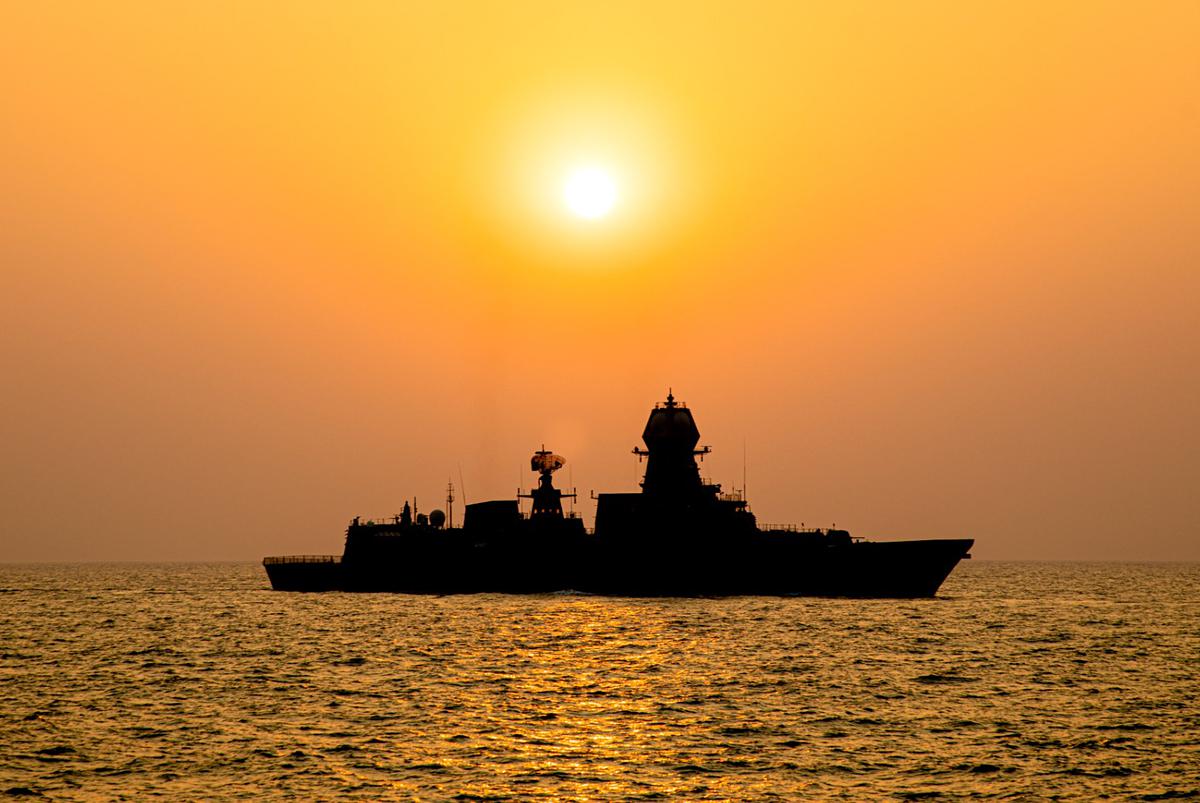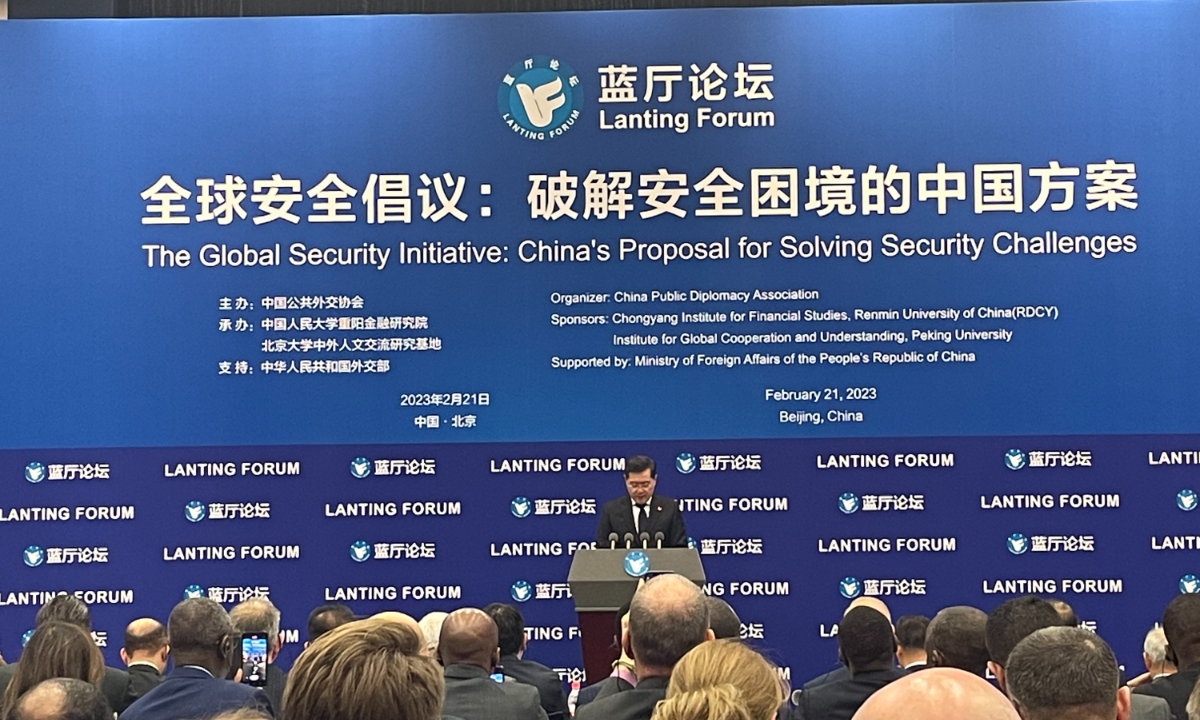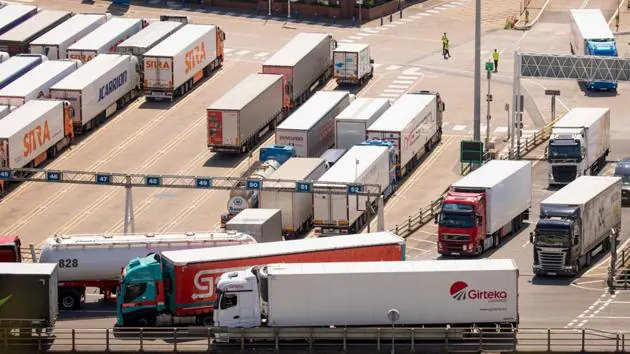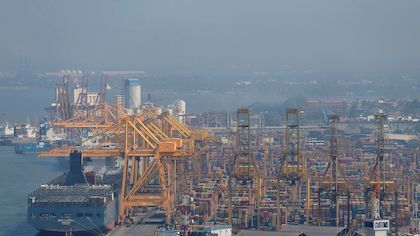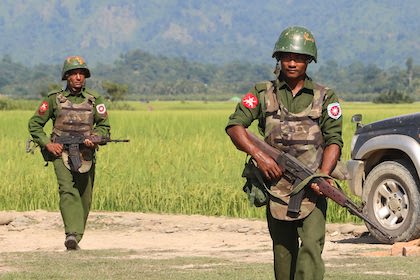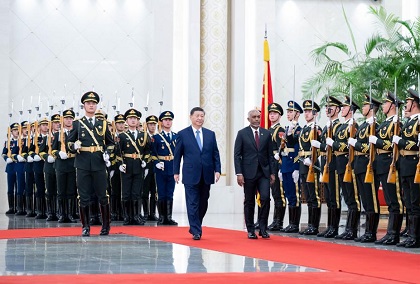ASEAN, neighbours can break Myanmar impasse
Since the military coup in 2021, fighting continues unabated in several parts of Myanmar, including the strategically important Rakhine state. The country’s internal problems can't be solved by the Myanmarese people alone. Experts in ASEAN and Myanmar's neighbours should be given the chance to offer solutions driven by their understanding of the history, national identity, diversity, challenges and potential of this country.

